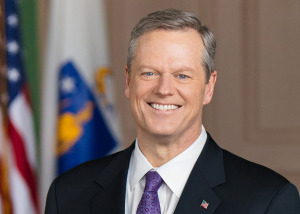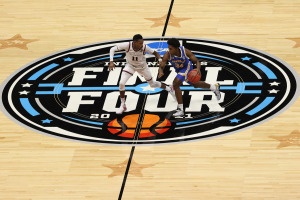
New NCAA president: Indianapolis ‘perfect home’ for organization, more events
Baker, who officially stepped into the head role at the NCAA last week replacing longtime leader Mark Emmert, said he’s receptive to more of the organization’s championships being held in Indiana.










